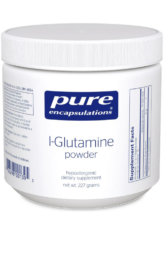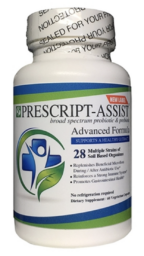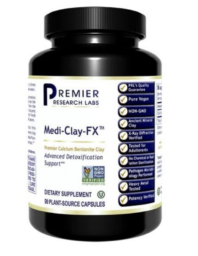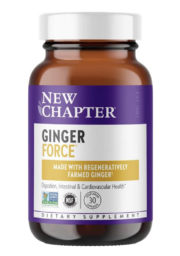What is Irritable Bowel Syndrome?

Sadly, irritable bowel syndrome (IBS) is just as pleasant as it sounds. Abdominal pain, cramping, changeable bowel movements and a generally, as you might guess, irritated bowel. Essentially this has become a catch-all condition in which any bowel irregularity in what looks to be a structurally normal colon gets put in this category. It can include gas, bloating, urgent stools, changeable stools, constipation, or frequent abdominal pain. There is no test for irritable bowel syndrome, or IBS as it is more commonly known, it’s simply a collection of symptoms that don’t have any other good explanation.
The bottom line is that there are as many faces of IBS as there are people with the diagnosis. The way your specific IBS looks depends on your own body and your own reaction to the environment, diet, nutritional status, stress levels (don’t forget your gut is your second brain) and your genetic tendencies. Managing your own IBS comes down to finding solutions that are right for your body and for your symptoms.
General Tips for a Healthy Bowel
-
Fiber: Your digestive tract needs both soluble and insoluble fiber and most people in this culture don’t get nearly enough. The suggested dose from food and supplements is 25 grams daily but most people get 12 or less.
-
Water: Like every other part of you, your intestines need enough water to work. If they’re not getting enough water, or if you’re taking high quantities of allergy medicines (we are in Austin after all) then your intestines may just be too dry.
- Check the Prescriptions: Many common prescriptions have side effects that include diarrhea, constipation, cramping, gas and bloating. If something you’re taking is causing problems for you then it’s possible your doctor could help you find another medication that will suit your body better.
-
Food: Cleaning up your intake a little bit can make the whole digestive machinery work better. Decreasing hard to digest foods like dairy and grains and focusing more on fruits, veggies and lean meats will make a huge difference. Cutting out the processed foods can also take a huge burden off of your digestion.
-
Glutamine: Many intestine rebuilders contain glutamine, which is soothing and healing to the intestinal lining. This can make a big difference if there’s been damage.
Constipation Help
-
Magnesium: Magnesium helps your bowel to relax and allow everything to pass through more easily. This is a great help if you have a lot of cramping, spasms in your digestive system, or difficult constipation. The dosage is different from person to person so adjust it until you find the dose that helps your bowel movements but doesn’t give you loose stools.
-
Digestive Enzymes with HCL: Sometimes things aren’t moving because your body is struggling to break them down. A strong digestive enzyme with hydrochloric acid can help get the machinery working again. Make sure to take one or two with each meal.
Support for Loose Bowels
-
Probiotics: In truth these helpful bacteria can help with constipation or diarrhea because they help to regulate the way digestion happens. You need these beneficial bugs to digest your food properly.
-
Charcoal or clay: Either of these binders, taken internally, will help to absorb any toxins from bad bacteria in the bowels. This stops the automatic purge reaction that happens in response to high toxins and lets your digestive tract slow down to normal.
Decreasing Gas and Bloating
-
Fennel and Ginger: These herbs can help calm gas production and reduce bloating. There are many great combination formulas available that will ease gas pains.
-
Digestive Enzymes: Often gas and bloating happen because food isn’t digesting so it begins to ferment in the digestive tract. Making sure that you’re actually breaking down your food effectively will stop fermentation before it starts.
If you are struggling with a combination of symptoms or symptoms that seems to change frequently then it’s a great time to work with a practitioner. They can help you find the best combination of products or lifestyle changes for your body and your symptoms.
by Amy Neuzil, ND*
*Naturopathic Doctors are not currently licensed in the state of Texas. To support licensure efforts please visit www.txand.org.
If you have comments and/or questions about this blog, email us at blog@peoplesrx.com.






